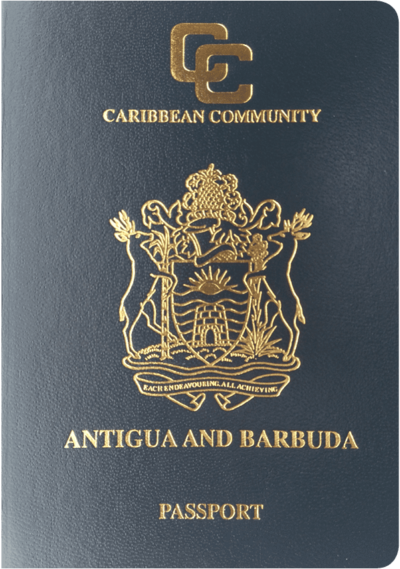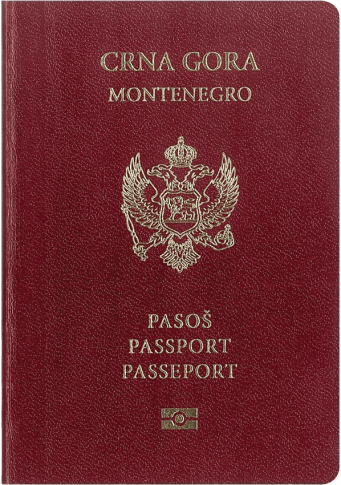What is the difference between residency and citizenship?
Several different migration options are available today, often referred to by various names such as investor visa, golden visa, citizenship by investment, and many other terms. Some of these programs offer residency, while others provide a path to second citizenship, and there are also direct citizenship programs. Suppose you are not familiar with the topic of migration. In that case, it can be somewhat confusing, and you might ask yourself, “What is the difference between residency and citizenship?“
The most apparent difference between citizenship and residency is that once you become a citizen and acquire citizenship in a country, you can immediately apply for a passport. In contrast, residency is usually conditional, and you can only apply for a travel document, such as an identity card.
For example, residing in a European Union country will grant you greater travel freedom, similar to a Schengen visa, but you are only entitled to reside in that specific country. Obtaining citizenship in a European Union country means you have the right to live, study, and work in any EU member state, opening doors to 44 additional countries within the European Union. In summary, citizenship comes with many benefits and rights.
The Golden Visa program in Portugal is a popular choice for many investors looking to be part of Europe. The program offers a low-cost residency option, starting at 350,000 euros, and can later be upgraded to citizenship if the investor desires.
Some low-cost European programs, like the Greek Residency Program, only offer residency that cannot be converted into citizenship. This is suitable for those who have no intention of obtaining a European Union passport and want more travel flexibility to the Schengen area or wish to live in Greece.
Obtaining citizenship through investment programs in Europe comes with a higher cost, such as in Cyprus (2 million euros) and Malta (1.2 million euros), the main options. These are quick options, taking only six months to obtain citizenship in Cyprus and approximately a year in Malta. Many high-income investors choose Cyprus as it provides a fast-track passport, allowing them to live or conduct business in any European Union country without restrictions.
However, Caribbean citizenship programs are among the most suitable options in terms of features and cost. The investment cost for an individual is 100,000 dollars to obtain a passport. All Caribbean islands offering these programs (St. Kitts and Nevis, Antigua and Barbuda, St. Lucia, Grenada, Dominica) are members of the Commonwealth. Passport holders from these islands can obtain visa-free entry to more than 100 countries worldwide, including the Schengen area and the UK. These low-cost programs are top-rated among investors looking to expand their travel opportunities.
Specialized consultants at Karibi can advise on the program that meets your requirements. To arrange a consultation, please get in touch with us.
Below is a quick summary of the difference between citizenship and residency.
Residency:
– Residence permit will be conditional, and you must comply with conditions for renewal.
– You will hold an international travel document from the country of residence, such as an identity card.
– Eligible for residence and study within the specific country or residence without restrictions (varies by country).
– May be eligible to work or conduct business in the country of residence.
– Most countries will require your biometric information.
– Many countries have a minimum residence requirement.
– Must have a clear criminal record.
– Must have your health insurance.
– May have greater travel freedom to other countries within your country.
Citizenship:
– Obtaining citizenship is for life.
– A passport will be issued, identifying you as a citizen of your country (renewable every 5-10 years).
– Enjoy the freedom to travel without a visa to any country with a travel agreement with your country.
– Usually granted to your children.
– You will have all rights and privileges specified in your country’s law, including the right to vote, work, and receive education and healthcare.
– In most cases, there is no minimum residence requirement.
– Enjoy protection and immunity from your country, with access to any embassy, consulate, or other diplomatic institution when traveling abroad.
– The right not to be deprived of your citizenship (according to Article 15 of the United Nations Universal Declaration of Human Rights).
We have provided a comprehensive explanation of the difference between citizenship and residency. If you have any inquiries, please get in touch with the Karibi team.
















